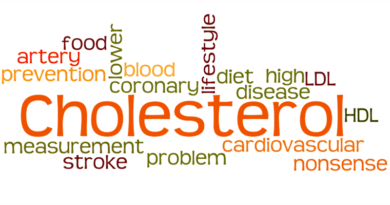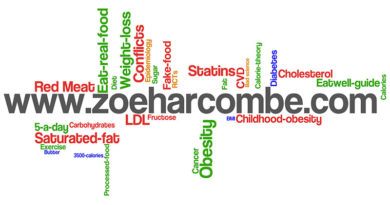10 Interesting things about vitamin D
Vitamin D was big news in the UK last week. The Scientific Advisory Committee on Nutrition (SACN) produced a report with new recommendations for vitamin D. The full report is here. The press release (headlines) is here.
The background
The ‘bible’ for UK nutrition guidelines is the “Dietary Reference Values for Food Energy and Nutrients for the United Kingdom.” This was published by the Department of Health in 1991 and it has barely been revisited since.
There were no vitamin D intake recommendations in that document for the majority of people. It was recommended that pregnant women and people over the age of 65 had an intake of 10 micrograms (mcg) per day. Everyone else was assumed to get enough.
SACN last considered the evidence on vitamin D and health back in 2007. It concluded that there were insufficient data at that time to revised the Dietary Reference Values (DRVs) set back in 1991. The introduction to the July 2016 report explained why the Committee on Medical Aspects of Food and Nutrition Policy (COMA) did not set a DRV for vitamin D back in 1991: “Since vitamin D is synthesised in the skin when it is exposed to sunlight, COMA considered that dietary intakes of vitamin D were not necessary for most of the UK population (aged 4-64y). It was assumed that skin synthesis of vitamin D in the summer would be enough to cover requirements during the winter. Reference Nutrient Intakes (RNI) were therefore set only for groups considered at risk of vitamin D deficiency.”
SACN started its latest review in 2010. The committee’s remit was to consider “whether the DRVs for vitamin D intake were still appropriate in the context of public health advice to stay out of the sun and to wear sunscreen and because a substantial amount of new evidence had accumulated since its previous considerations.” Let's see what they've come up with...
The rest of this article is available to site subscribers, who get access to all articles plus a weekly newsletter.
To continue reading, please login below or sign up for a subscription. Thank you.




